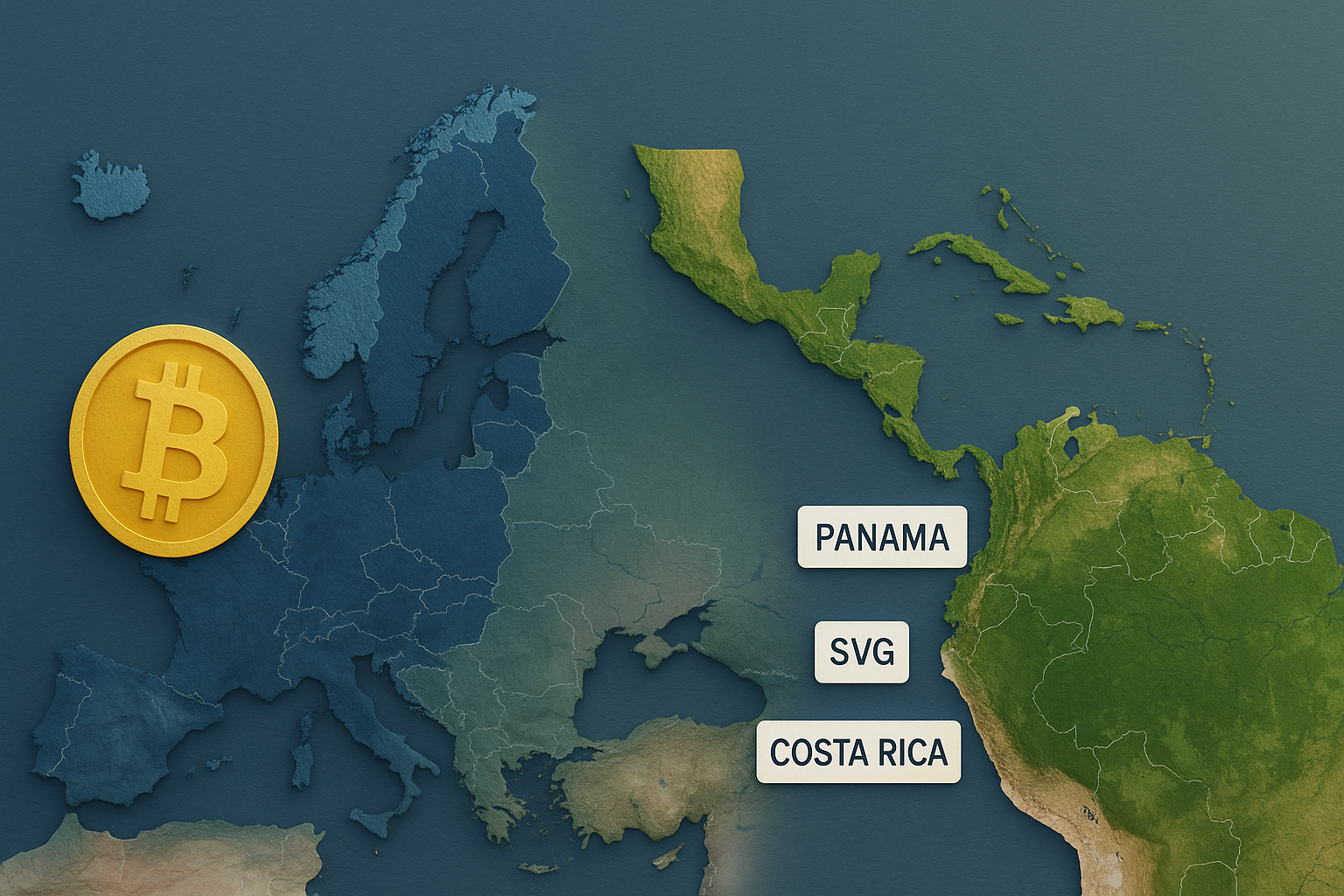The international financial landscape is changing, with China and the US progressively expanding their financial influence in Europe. The European Union's solution may lie in the Digital Euro, which could potentially counteract the tightening grip of the superpowers.
The Emerging Financial Landscape
The world of finance is continuously evolving, shaped by nations vying for economic dominance. In the past several years, the United States and China have increased their monetary influence in Europe. This increasing control exerts significant pressure on Europe, prompting the continent to seek solutions to maintain their fiscal autonomy.
The Rise of Digital Dominance
Notably, the use of digital payments and currencies have been the primary tool of influence for these global superpowers. As China pioneers the use of its Digital Yuan and the US maintains the dominance of the dollar, Europe is left in an unstable economic position. For the European Union (EU), embracing the notion of a digital currency of its own – the Digital Euro – could be the answer.
The Financial Grip of the US and China
The United States has long maintained financial dominance through the widespread use of the American dollar. Nearly 60% of foreign exchange reserves are held in dollars, signifying global trust in the US currency. Furthermore, the United States has been known to exert financial influence through measures like sanctions and trade wars, leveraging the power of the dollar even further.
On the other hand, China has been strategically increasing its financial grip in Europe through the Digital Yuan. The digital currency, which has been in trial since April 2020, has been labeled as a part of an aggressive plan by China to break the dollar’s supremacy. With millions of Chinese citizens already using the digital currency domestically, the Digital Yuan’s potential to overturn the present financial landscape is not to be underestimated.
The Potential of the Digital Euro
In response to the growing financial influence of China and the United States, Europe has turned to the concept of the Digital Euro. This digital currency would serve as a means of maintaining monetary sovereignty, while also potentially countering the influence of the superpowers.
While still in the early stages of development, the Digital Euro has generated significant interest. The European Central Bank (ECB) has initiated a public consultation about the digital currency’s potential use, discussing its advantages and risks in a series of lectures and panel discussions. However, it’s important to note that the introduction of the Digital Euro may also pose some threats, such as a potential run on banks during crises.
To combat these potential risks, the ECB has proposed a threshold for holdings to limit the impact of sudden digital cash demand. This countermeasure, along with the development of a proper legal framework for digital currencies in Europe, could potentially ensure the successful introduction of the Digital Euro.
Conclusion
The international financial landscape is in flux, with the United States and China exerting increasing monetary control in Europe. Amid these shifts, Europe may find the solution in embracing its digital currency. While the road ahead may be fraught with challenges, the potential benefits of the Digital Euro — from increased monetary sovereignty to a possible counterweight against the superpowers — are significant. As the era of digital currencies dawns upon us, Europe’s next move will undoubtedly be closely watched.






